Rumi Calendar – Response to the March Question
One needs money, but how much is enough? Should I care about the material world? Or should I go and live in a cave or a monastery to be realised? Anything wrong with being rich, or being poor for that matter?

What is money? Should I seek or shun it?
Rumi does not denounce money and material wealth. He tells us that everything has its place; so does money. Money is useful as long as we are not attached to it, not enslaved by it, and do not forget our true nature. Rumi appears to be clarifying the misunderstanding in wisdom circles of the “evil” nature of the material world, or at least its declared insignificance in such circles. Like water that can keep a boat afloat or sink it, money can support or drown us depending on our relationship with it:
What’s ‘worldly stuff’ you ask?
Well, it’s not goods and merchandise, money, wife and children.
It’s rather being out of touch with God (our true nature).
Water inside the boat sinks it. Water underneath the boat supports it. ~Rumi [1]
We are complex beings made of many aspects of which seeking material safety is a significant one. Rumi tells us that we must accept this and do not try to fight it; for the goal is not to ascend to the heavens; it is rather finding balance and becoming centered:
Within us are many things. There is mouse in us, and there is bird. The bird carries the cage upwards, while the mouse drags it down. A hundred thousand different wild beasts are together within us, but they are all converging on that moment when the mouse will renounce its mousehood and the bird its birdhood, and all become one. For the goal is neither going up or down. When the goal shows itself clearly, it will be neither above nor below. A woman lost something. She looks left and right, in front and behind. Once she has found that thing she no longer searches above and below, left and right, in front or behind. All at once she becomes calm and collected. ~Rumi [2]
In her book– Money – Spirituality – Consciousness – IRS tax agent in the US, retired Chartered Accountant and spiritual teacher–Mayuri Onerheim discusses these two dimensions in relation to money. She deploys the cross as a metaphor where the vertical shaft represents our potential for divine depth, for realisation of our true nature (our birdhood); and the horizontal one represents our human lives on the planet and what we bring from our depths into the manifest world (our mousehood).
The horizontal and the vertical meet at the center where the two pieces cross, in the place where they overlap.” … For most people, money is a thing that must be acquired rather than a meeting place of the spiritual and the material. At this point in just about every civilization on the planet, money represents only the material world—it has lost its relationship to our depth. From the point of view of the cross, this happens when we take the dissociated self—the one that believes itself to be separate from Beingness, the one who exists only on the horizontal shaft of the cross—to be wholly who we are. But money split off from consciousness is just a quantity—there is no quality to it. All quality comes from our Beingness. ~Mayuri Onerheim [3]
It would be useful here to offer some definitions of money
What is Money?
The standard definition:
National currencies today fulfill functions in addition to the one of medium of exchange. The most important of these other functions are a standard of measure, a store of value, an instrument for speculation, and in some cases a tool of empire. [4] Money as Magic:
The representative of the Clinton administration to the IMF offered this revealing definition: ‘Money is magic. Central bankers are magicians. Like all magicians, they don’t like to show their tricks.’ [4]
For a clearer understanding of this ‘magic’ process watch the first 10 minutes of “The Biggest Scam In The History Of Mankind“
Money as Relationship:
Money is an agreement, within a community, to use something as a medium of exchange, or more normally as a means of payment. [4] Money as Energy:
Money is not just a thing, an object; it is a flow, an unfolding flow of energy. But money has no power of its own. And whether in a pocket or a till or a cup, it is neutral. On its own, money is, in a sense, alive, as fluid and energetic as anything else in manifestation, but it is attached to nothing. The meaning we assign to it and the energy we imbue it with are what give it power.” [3] Notice the last two definitions; money as relationship and as energy; they will situate us in the right framework to find our way towards the centre of the cross, the point of convergence of our birdhood and mousehood.
How much is enough?
Unchain yourself my son,
be free!
Enslaved by gold and silver, for how long
will you be?
Pour the ocean in a jug,
can it hold more than a day’s worth?
Like the jug,
the greedy eye shall never fill.
Until contented,
the oyster holds no pearls. ~Rumi [5]
Being content is the catalyst for creating your treasure just like precious pearls created inside the oyster-shell. But how to be content and be content with what? One effective way to go about this is to distinguish between our wants and needs while not forgetting to save either.
Needs, Wants, Savings
The principle of maintaining balance applies as much to our self realisation journey as to our money. Money and material wealth are abundant if we observe the required balance. Too little or too much both cause problems for us. Being able to distinguish our wants form our needs helps us understand how much money is enough for us.
Property, wealth, gold, all are unbounded and infinite, but they are imparted according to the capacity of the individual. Who could support an endless supply without being driven mad? Do you not see how Majnun and Farhad, and the other famous lovers, took to the mountain and desert for the love of a woman, when they were filled with a passion beyond their power to control? Do you not see how Pharaoh, when empire and wealth were showered upon him without end, laid claim to being a god? ~Rumi [6]
The specifics of wants, needs and savings could be different for each person according to their responsibilities, capacities and situations. There are useful resources available such as the 50% Needs, 30% Wants, 20% Savings formula proposed by Elizabeth Warren and Amelia Warren Tyagi in their excellent book All Your Worth: The Ultimate Lifetime Money Plan. While their principles are mostly applicable, yet the details are obviously more American focused.
There is free and useful advice available from the Australian Government’s Money Smart web site. It is filled with useful resources for personal financial management. Make sure you visit the site and go to the Managing Your Money section. You can also download their free booklets if you go to the Publications section. In particular take a look at Managing Your Money booklet. It has a useful section about Needs and Wants to which I would also add Savings explicitly.

If you keep your needs to [about] 50 percent of your income, then you will be more able to withstand a substantial drop in income—which is a very real possibility these days. And if you need to fund your own retirement…then you will need savings. …[Also] it is important to fulfil some of your wants in order to have a degree of satisfaction and enjoyment; otherwise your life will feel like a dry, interminable struggle. ~Mayuri Onerheim [3]
With regards to savings Rumi says:
If in winter time the trees do not put forth leaves and fruit, people should not think they are not working. They are continually at work. Winter is the season of gathering; summer is the season of spending. Everyone sees the spending, but they do not see the gathering in. In the same way, a person gives a party and spends all sorts of money on it. Everyone sees this, but no one sees the gathering in and collecting little by little for the sake of that entertainment. No one sees any of that. Yet the ingathering is the root of the matter, for the spending comes out of that income. ~Rumi [7]
First you need to know what is your current percentage mix of your needs, wants and savings. You would then need to try and bring it in line with the balanced proportion. Below are some guidelines to help you sort out your needs and wants.
Tips on Needs Wants Savings
- Make sure you add self development to your Needs list. Rumi says:
Even if you easily amass gold (money) as though it were sand,
at last it will be left behind as inheritance.
The kingdom and your gold will not accompany your soul.
Give your gold away and buy kohl for your inner eye. ~Rumi [8]
- Pay yourself first. Put aside a portion of your pay slip immediately or automatically.
- Before deciding to buy something, be brutally honest with yourself and ask if you could delay purchasing it without putting yourself at risk or under undue strain. If you could delay it then it is most likely a want.
- Pay your debts and before taking on new debt consider the above “Can I delay it” criterion.
- You might not need a large house with many rooms in a push suburb. If you still prefer the nicer house, then that’s a want.
- You don’t need a very expensive car. If you go for a luxury car then that’s a want.
- And surely you don’t need to change your car for a new one every two or three years. In the long term this will end up financially enslaving you, despite the tax incentives.
- And last but not least, recall the definitions of money as energy & relationship.
- Do not block the flow of money through you…be generous with your money and let it flow on to others…that’ll build stronger invisible relationships and takes us closer to our origin of Oneness. Hoarding money will sink your boat, let it flow on and keep you afloat.
The Money Smart site also has a few useful iPhone and Android apps to help you track your spending and categorise them into Needs and Wants as you spend. Go to their Calculators & Tools page.
Scarcity and Sufficiency
If balance, harmony and being centered are the keys to our material and spiritual wellbeing, then how is it that majority only focus on the purely material aspect or what Rumi calls our “moushood”? A significant part of the answer to this question has to do with our unquestioned assumption and pervasive belief that money is scarce and we need to compete to gain our share of it. Has it always been like this for us human beings? Probably yes, because our ego-self is by nature deficient and always seeks to compensate its insecurities; a never-ending quest. Has it always been this pervasive and unquestioned? Most likely not, because this seems to be a prominent characteristic of our modern societies.
Bernard Lietaer is the author of excellent books such as The Future of Money: Creating New Wealth, Work and a Wiser World and Rethinking Money: How New Currencies Turn Scarcity into Prosperity. He is a former Central Banker and one of the architects of Euro. Deploying the Taoist Yin-Yang view of balance and harmony between opposites, Bernard maintains that all of today’s conventional national currencies are of the Yang nature. He illustrates that this Yang quality is actually the dominant viewpoint of modern societies:
Modern societies have tended to acknowledge the legitimacy of only one of these polarities: the Yang coherence. This Yang coherence has been embodied in a patriarchal control system in all aspects of life – from organised religions to science, from military power and politics to day-to- day jokes. Specifically, our prevailing money system is saturated with these Yang values, and has been one of the main ways by which ‘the real world’ has been made to fit this viewpoint. What is being questioned here is not the validity of this Yang coherence, but its claim to a monopoly of valid interpretations. ~Bernard Lietaer (Future of Money) [4]

It can be seen that our relationship to money is unfortunately quite one sided in favour of scarcity, competition, and patriarchal central authority controlling the generation and distribution of wealth. To the detriment of our wellbeing, our economy and monetary system neglect the complementary aspects of sufficiency, abundance, cooperation, and participatory community economics. But the good news is that by understanding and adjusting our personal relationship to money we are able to rebalance it and regain our wellbeing. We can do this by examining and changing our attitudes and beliefs towards both earning an income and our expenses.
Ask yourself how would your relationship to money change if you were open to the possibility that material wealth is not a pie of which one needs to claim their share? What if it was endless and unbounded like love?
Hamid Homayouni
March 2014
Notes:
Copyright notice: Content and poem translations can be used freely for non-commercial use on the condition that they are clearly acknowledged and attributed. Commercial use without written permission is prohibited.
Translations: Unless otherwise stated, all English translation from Persian(Farsi) are by Hamid Homayouni, either originally or as review updates and/or corrections from available English translations. Mathnawi by R.A. Nicholson. Fihi Ma Fihi by A.J. Arberry.
1- Rumi Mathnawi Book-1, 983, 985
چیست دنیا؟ از خدا غافل بُدن // نه قماش و نقره و فرزند و زن
آب در کشتی هلاک کشتی است // آب اندر زیر کشتی پشتی است
2- Rumi, Fihi Ma Fihi (Discourses of Rumi), Discourse 7, p 50. OMPHALOSKEPSIS Publications, Ames, IOWA. Based on A. J. Arberry’s translation). It used to be available for free download here http://www.omphaloskepsis.com/Library/TDOR.pdf .
3- Mayuri Onerheim. Money – Spirituality – Consciousness: A Guided Inquiry into Our Personal Relationship to Money.
4- Bernard Lietaer. The Future of Money: Creating New Wealth, Work and a Wiser World.
5- Rumi Mathnawi Book-1, 19-21
بند بگسل باش آزاد ای پسر // چند باشی بند سیم و بند زر
گر بریزی بحر را در کوزهای // چند گنجد قسمت یک روزهای
کوزهٔ چشم حریصان پر نشد // تا صدف قانع نشد پر در نشد
6- Rumi, Fihi Ma Fihi , Discourse 7, p 55 (see note 2)
7- Rumi, Fihi Ma Fihi , Discourse 11, p 95 (see note 2)
8- Rumi Mathnawi Book-4, 671-672
از خراج ار جمـع آري زر چـو ريــگ // آخـر آن از تــو بمــانــد مرده ريــگ
همـره جـانـت نگــردد مــلـك و زر // زر بده سرمه ســتـان بـهـــر نـظـــر

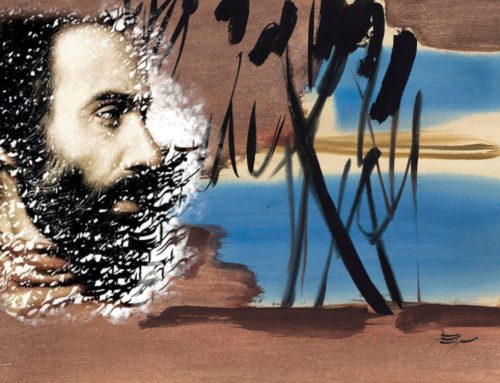
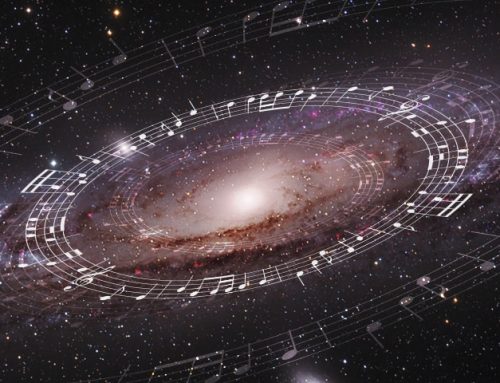





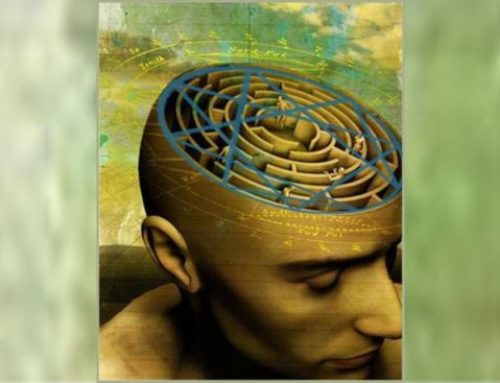
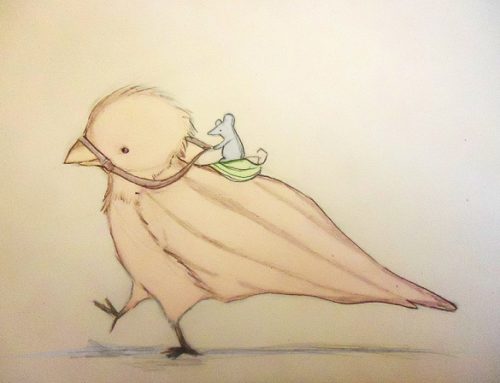
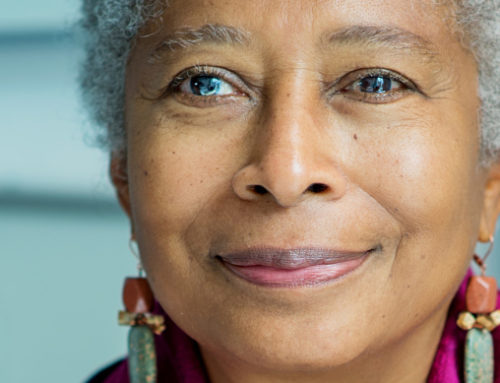
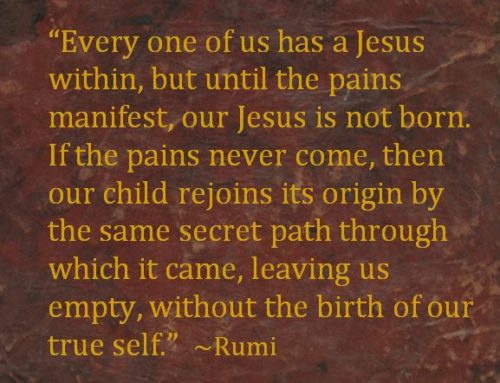

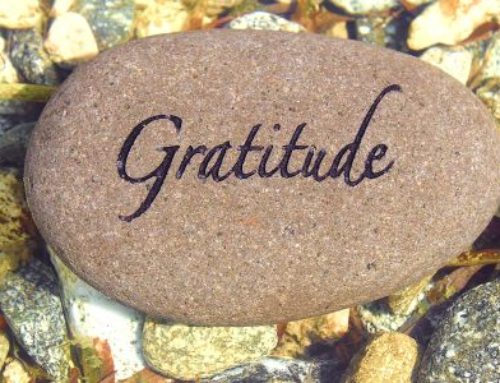

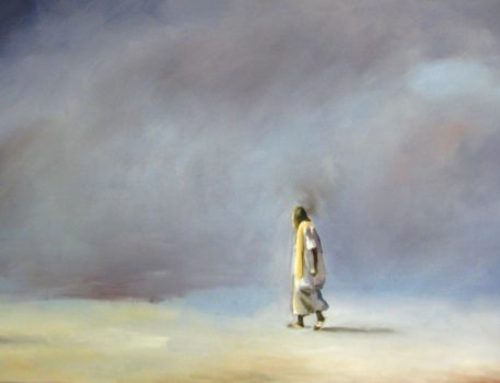



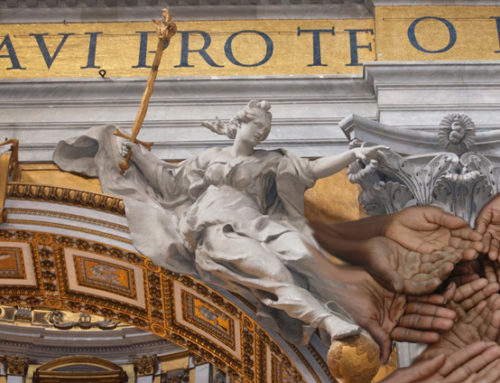
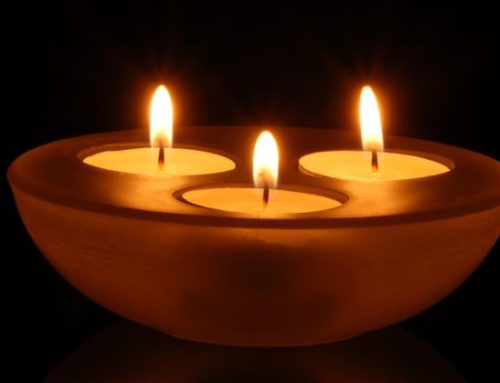

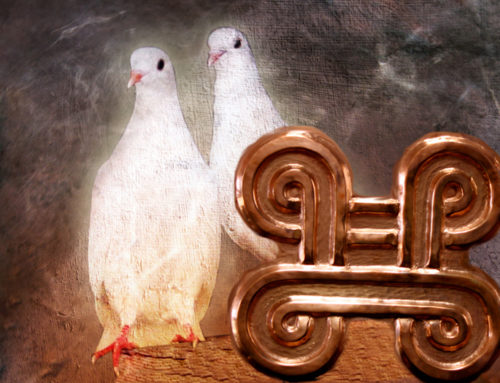


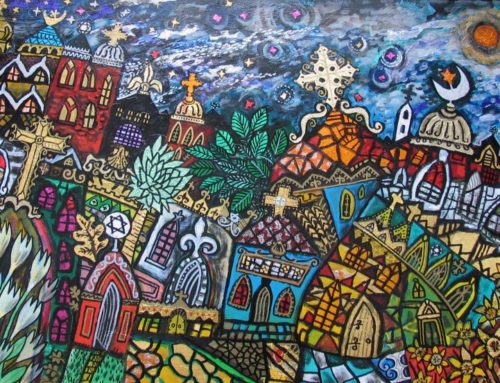

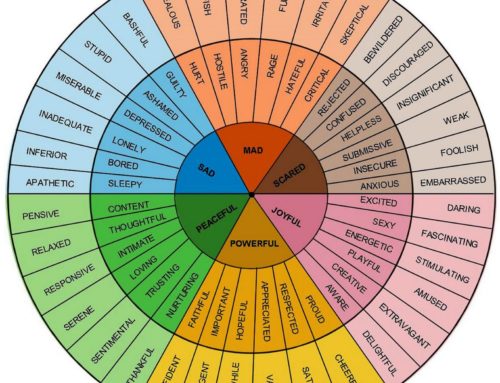
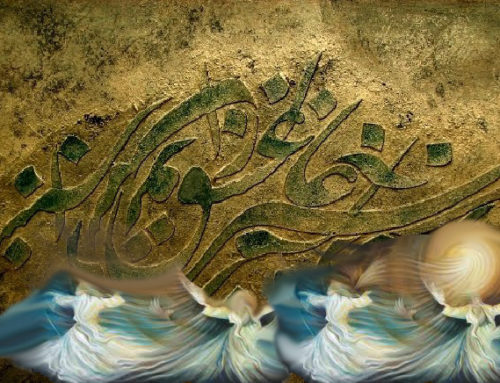
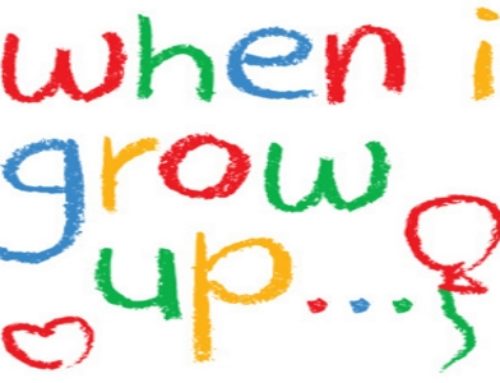

Dear Hamid Such a useful service you do to the society in bringing the old traditions (Rumi) with the new (Onerheim, Lietaer, Australian Govt links etc). You have so much of wisdom and I have heard you and also the Persians so much. Our old cultures have so much to offer to the present day world and you are doing that, so also your Persian friends in Melbourne. Is it not Rumi who said, money is like blood, and it needs to have continuous flow like the blood, if it is hoarded, it is like stagnating of the blood in… Read more »
Many thanks dear Alphonse for your encouraging and valuable remarks.
Yes, there is so much for all of us to learn from the timeless wisdom of all traditions, rather than fashionably dismissing them as “yesterday’s news”!
The analogy of blood could well be part of Rumi’s vast ocean of writings, I’ll do more research to check it. Nevertheless, the analogy is very apt and fits the definition of “money as energy” that needs to flow. We all know the damages that hoarding money afflicts both on the hoarder and the community.
All the best,
-Hamid
Dear Hamid: Thank you for providing us with such energizing and expounding knowledge and wisdom; if people follow this, generosity will overflow the globe, and the consequent love and sharing will bring the human race together in love and peace. Rumi also lived in a materially rich society and the ills and health of his society exist in our present one, thus, the validity of his loving advice. Thank you for your efforts, you are actually spending money on those who are reading this, how: instead of spending your precious time on earning money, you spend it on proving us… Read more »
Your kind and generous words uplift my heart dear Adel. They give me energy to continue this heavy responsibility that I’ve taken on to learn and share, albeit a drop of, Rumi’s ocean of wisdom.
I think it was Winston Churchill who said:
“We make a living by what we get; we make a life by what we give.”
Thank you,
-Hamid